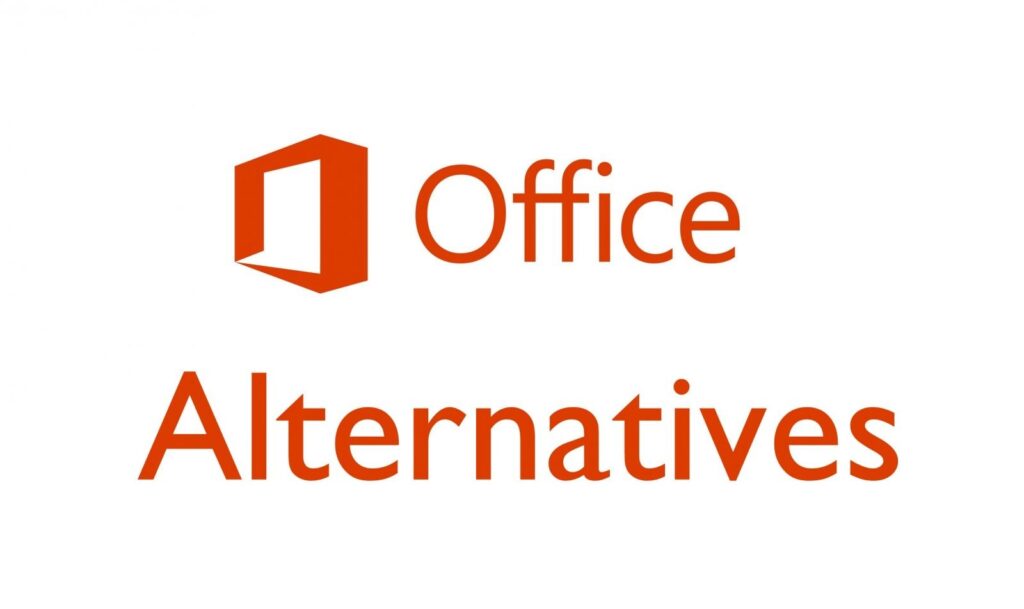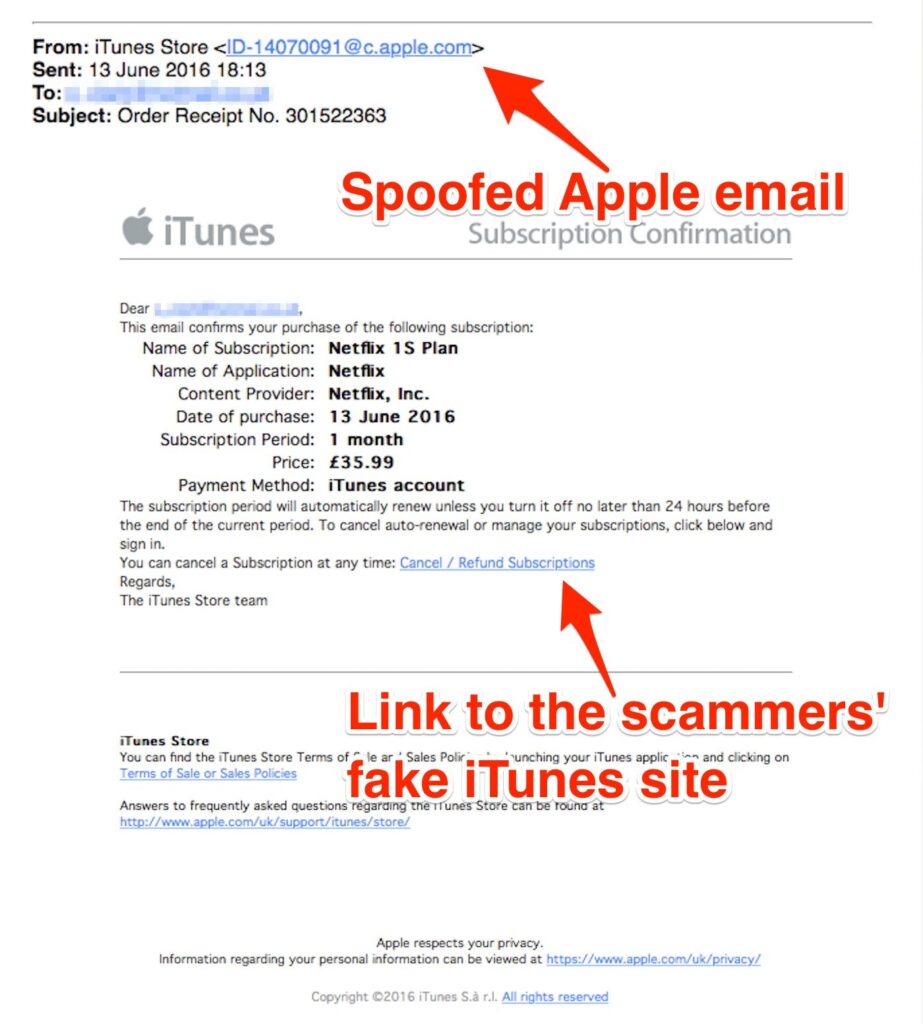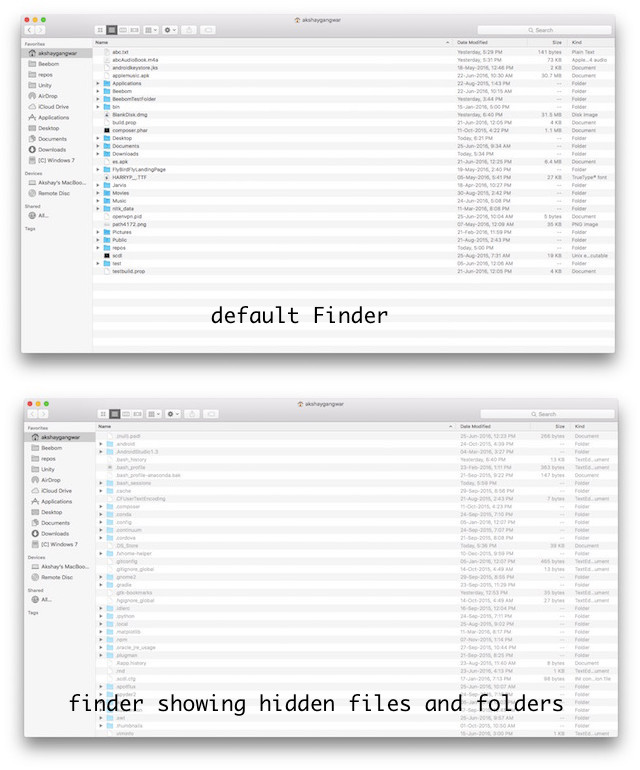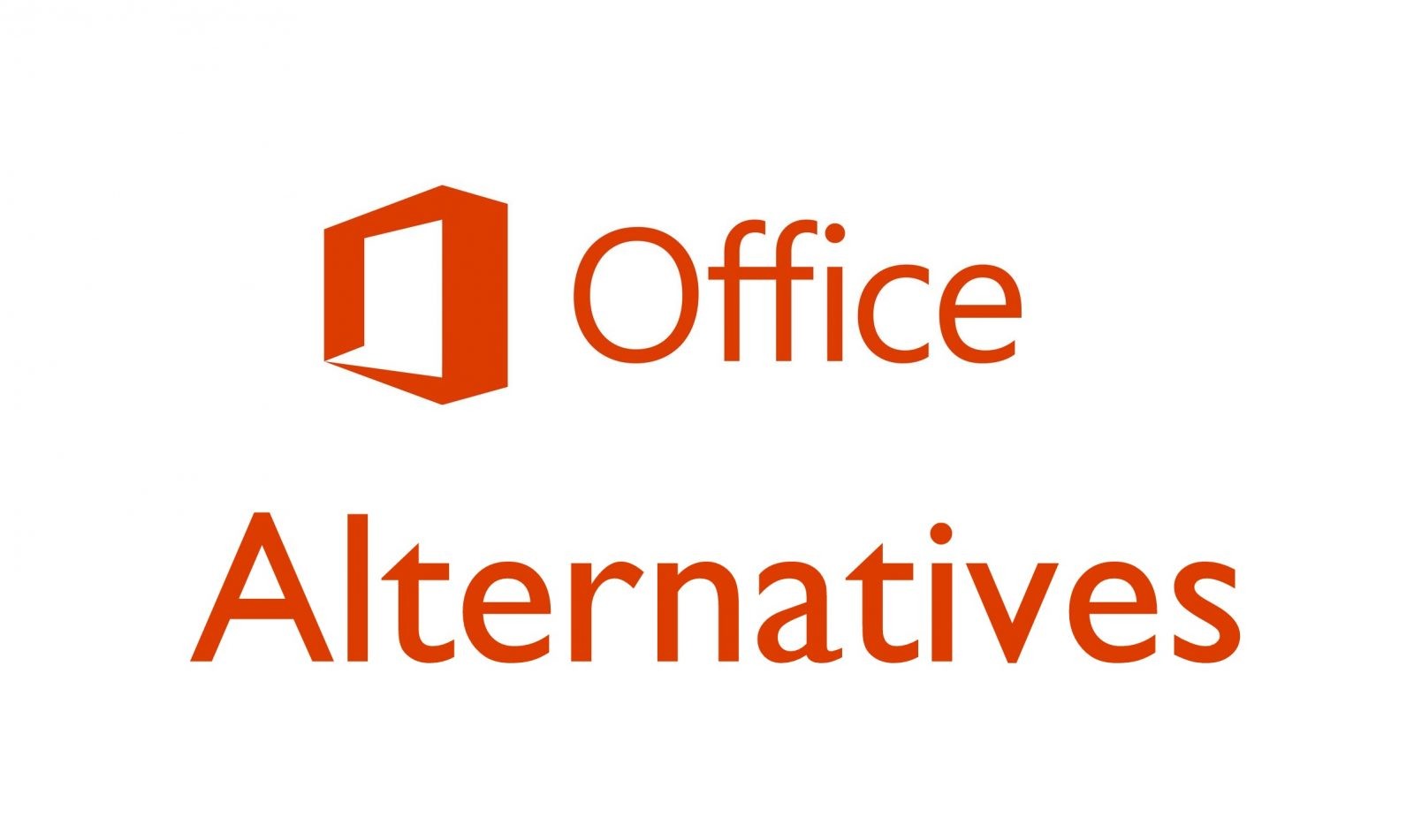
Among the essential software applications for PC users, an office suite is indispensable. From students submitting assignments to office-goers creating presentations, everyone requires one. While MS Office offers a comprehensive suite, it’s not flawless. If you seek alternatives, consider these top 10 options.
Best Alternatives to Microsoft Office in 2020
- Major Shortcomings in Microsoft Office
- Reasons to Choose Microsoft Alternatives
- Polaris Office
- OnlyOffice
Major Shortcomings in Microsoft Office
MS Office’s significant drawbacks include its high price. Office Professional costs $439. The personal Office 365 plan is $5.99/user/month, and the business standard plan is $12.50/user/month.
- Apache OpenOffice
- LibreOffice
- WPS Office
- Softmaker FreeOffice
- NeoOffice
- G Suite
- iWork
- Zoho Office Suite
- WordPerfect
- Frequently Asked Questions
Despite its high price tag, MS Office is often deemed too resource-intensive for smooth operation on low-end computers. Additionally, limitations on archiving and eDiscovery tools, email send/receive quotas, and SharePoint restrictions necessitating third-party integration are significant drawbacks.
Furthermore, the absence of MS Office on Linux is perplexing, to say the least.
Why Opt for Microsoft Alternatives?
There are various reasons you might prefer Microsoft substitutes. Perhaps the pricing exceeds your budget, or maybe you seek a less resource-intensive and easier-to-master office suite.
Considering various needs, we’ve incorporated both free and paid MS Office alternatives. Thus, selecting an office suite that aligns with your requirements shouldn’t pose a challenge.
1. Polaris Office
An exceptional Microsoft Office alternative, Polaris Office provides a commendable user experience. Notably, the company offers a free version with sufficient features to meet the needs of most users, negating the necessity for a high subscription fee.
For enterprise and users seeking additional features, there’s also an affordable paid plan available. In terms of functionality, Polaris Office encompasses all the features one would expect from a proficient MS Office alternative software.
Users can edit MS Office documents and text files, access both local and cloud storage, and connect external cloud services like Dropbox and Google Drive for extra storage. They can manage document versions and enjoy real-time collaboration, allowing multiple people to work on the same document simultaneously.
Subscribing to their paid plans grants access to features including PDF annotations, comments, animation editing, and document security. Having used Polaris Office for some time now, I confidently regard it as one of the finest MS Office alternatives available.
Platform Availability: Windows, Mac, Android, and iOS
Price: Free, premium version starting at $3.99/month
2. OnlyOffice
OnlyOffice presents itself as a robust Microsoft Office alternative. It offers native apps for major desktop and mobile platforms, alongside a well-functioning web version. A key feature is its seamless integration with third-party services such as mail, CRM, calendars, and more, providing users with enhanced control.
However, OnlyOffice caters primarily to businesses and enterprises, neglecting individual users. For personal use, consider exploring alternative options listed here.
Designed for businesses, OnlyOffice offers customizable configurations to suit varying needs. Businesses can host OnlyOffice on their servers, ensuring complete data privacy.
Additionally, OnlyOffice provides advanced security features absent in many other office alternatives. It stands out as an excellent option for businesses seeking comprehensive in-house document creation, management, and organization tools.
Platform Availability: Mac, Windows, Linux, Android, iOS, and Web
Price: Home server: $99; Single server: $1100
3. Apache OpenOffice
Apache OpenOffice, a popular alternative to MS Office, offers a plethora of features. It’s free and open-source, providing a word processor, spreadsheet program, presentation software, graphics editor, and DBMS application.
In addition to MS Office compatibility, OpenOffice supports various other formats (e.g., SWF, PPT). It can be expanded with downloadable extensions, and its sub-modules include standard features like diagramming tools, autocomplete, and natural language formula.
Platform Availability: Windows, macOS, and Linux
Price: Free
4. LibreOffice
Though essentially a fork of OpenOffice, LibreOffice boasts enough features to stand as one of the best MS Office alternatives. It offers applications for document editing, presentation creation, and more, with a feature set identical to OpenOffice.
However, what sets LibreOffice apart is its highly optimized code, resulting in faster performance. Additionally, it serves as the default office suite for the majority of Linux distributions. It also supports font embedding and includes a file viewer app for Android.
Platform Availability: Windows, macOS, and Linux
Price: Free
5. WPS Office
If your needs are basic and you don’t require a full office suite, WPS Office fits the bill perfectly. Offering just the three standard applications—word processor, presentation software, and spreadsheet program—it’s lightweight (under 100 MB) yet packed with features.
In addition to essential document creation and editing capabilities, WPS Office provides hundreds of free templates and fonts. The free version allows document creation and editing in MS Office compatible formats. However, to save in MS Office formats, upgrading to the paid version is necessary, which also unlocks features like VBA/Macro support.
Platform Availability: Windows, macOS, Linux, iOS, and Android
Price: Free, with WPS Premium available for business at $39.95/year
6. Softmaker FreeOffice
While not the most aesthetically pleasing office suite, Softmaker FreeOffice serves as a lightweight alternative to MS Office, functioning surprisingly well. It encompasses the standard three office programs, each offering a range of features including smart text replacement, precise cell formatting, and automated presentations.
Softmaker FreeOffice boasts robust support for MS Office file formats and improved Office XML compatibility. Additionally, a paid version is available, offering extras like multiple language dictionaries for enhanced spellchecking.
Platform Availability: Windows, macOS, Linux, and Android
Price: Free; paid version starts from $29.90/year
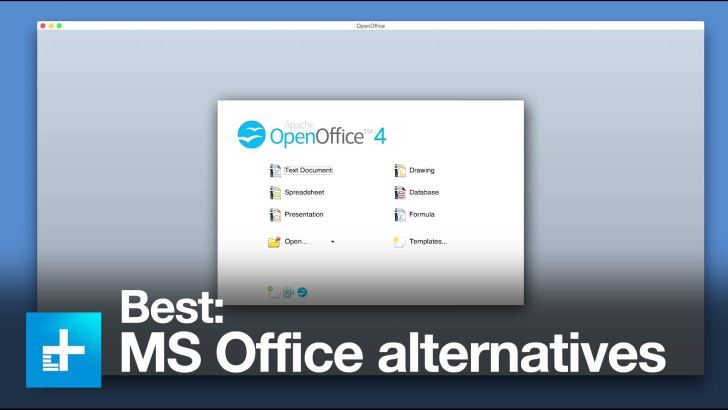
7. NeoOffice
If you’re seeking a robust Microsoft Office alternative tailored for Mac, NeoOffice fits the bill. It’s a commercial fork of OpenOffice, retaining the open-source code. NeoOffice encompasses all standard features of OpenOffice, including a word processor, spreadsheet program, presentation software, and graphics program.
Additionally, it incorporates macOS native extras like grammar checking, text highlighting, and integration with macOS’ drag-and-drop functions. However, it lacks compatibility with newer MS Office formats, which may be disappointing.
Platform Availability: macOS
Price: Free, Paid version: $29.99
8. G Suite
While G Suite lacks the extensive features of MS Office, Google’s suite offers a seamless, versatile experience. It encompasses powerful voice/video conferencing, an intelligent search engine, and a productivity-focused email client, facilitating efficient work and collaboration with colleagues.
A standout feature of G Suite is its generous 15GB of free cloud storage, surpassing Microsoft’s offering of only 5GB. Opting for Google’s storage solution can thus save you money and provide ample storage space.
Unlike MS Office, G Suite utilizes web fonts, placing Google’s offering at a disadvantage when opening files created using other office software. Another downside of G Suite is flawed file formatting, particularly when converting files from other office software. However, for those heavily reliant on web tools, G Suite proves adequate.
Did I mention that Google’s offering is free and compatible across devices, making it a versatile tool for professionals and everyday users alike?
Platform Availability: Cross-platform
Price: Free, with a premium version starting at $6/month
9. iWork
If you seek a Microsoft Office alternative compatible with iDevices like Mac, iPad, and iPhone, consider iWork. Apple’s suite provides all necessary tools for productive work.
Keynote, akin to PowerPoint, Numbers, and Pages, offer comprehensive features, making iWork unparalleled.
iWork, accompanied by iCloud’s 5GB storage, ensures secure and seamless data synchronization across iDevices.
Even in terms of privacy and security, iWork surpasses MS Office, and by a considerable margin. Therefore, if data security is paramount to you, iWork should be your choice.
Platform Availability: macOS, iPadOS, and iOS
Price: Free
10. Zoho Office Suite
Zoho Office Suite stands out as an excellent alternative to Microsoft Office. And I won’t overlook it for several reasons.
Firstly, Zoho Office Suite offers a diverse range of tools that rival what Microsoft provides. Whether you need a robust email client, CRM system, or top-notch presentation tool, it covers all the essential aspects.
Zoho Office Suite excels in collaboration, allowing seamless teamwork. It fully supports MS Office formats, including documents, presentations, and spreadsheets.
Signing up grants you 5 GB of cloud storage, equal to OneDrive. It ensures data security and affordability, making it a top MS Office alternative.
Platform Availability: Cross-platform
Price: Free, $1/user/month
Bonus: WordPerfect
Last but not least, WordPerfect offers a solid alternative to Microsoft Office. Originating in the late 1970s and gaining popularity in the 1980s, WordPerfect saw a decline after the emergence of MS Office.
WordPerfect remains an all-in-one office suite, comprising a word processor, spreadsheet program, and slideshow creator, ensuring you have essential tools for your tasks.
Supporting various file formats such as DOCX, PDF, and HTML, WordPerfect’s common file extension is WPD, aligning with MS Office in compatibility and collaboration.
Besides, it provides ebooks publishing and macro-management. The native PDF editor enables you to edit and fill forms easily. With these features, WordPerfect warrants a high price starting at $432 for the standard edition. If you don’t mind paying extra for powerful tools, it could be an alternative to MS Office for you.
Platform Availability: Windows
Price: $432 for the standard edition
Frequently Asked Questions
What Can I Use Instead of Microsoft Office?
As to which office suite to use instead of MS Office, it comes down to your requirements and budget. We have mentioned free and paid options in this article. Check them out and select the one that meets your needs.
Free Equivalent to Microsoft Office: Exploring LibreOffice
LibreOffice stands out as a top-notch, cross-platform alternative to MS Office, offering all essential tools without cost.
Optimal Alternatives to Microsoft Word: A Comparison
For comprehensive offline functionality, consider Apache OpenOffice Writer or LibreOffice Writer as prime substitutes for Microsoft Word.
Google Docs: A Viable Microsoft Office Substitute?
Google Docs emerges as a solid MS Office alternative, particularly for real-time collaboration among team members. While it covers most functionalities, minor formatting issues may arise.
Where to Obtain Word for Free?
Working online, you can access MS Word for free, unrestricted. While not all features are available, the free ones suffice for most users.
Your Favorite Microsoft Office Alternatives
Microsoft Office stands as the standard office productivity suite, boasting numerous features. However, if your needs are basic and you prefer not to spend much, there are several alternatives (desktop and web-based) worth exploring. Test them out and share your favorites in the comments below.

Pritam Chopra is a seasoned IT professional and a passionate blogger hailing from the dynamic realm of technology. With an insatiable curiosity for all things tech-related, Pritam has dedicated himself to exploring and unraveling the intricacies of the digital world.

